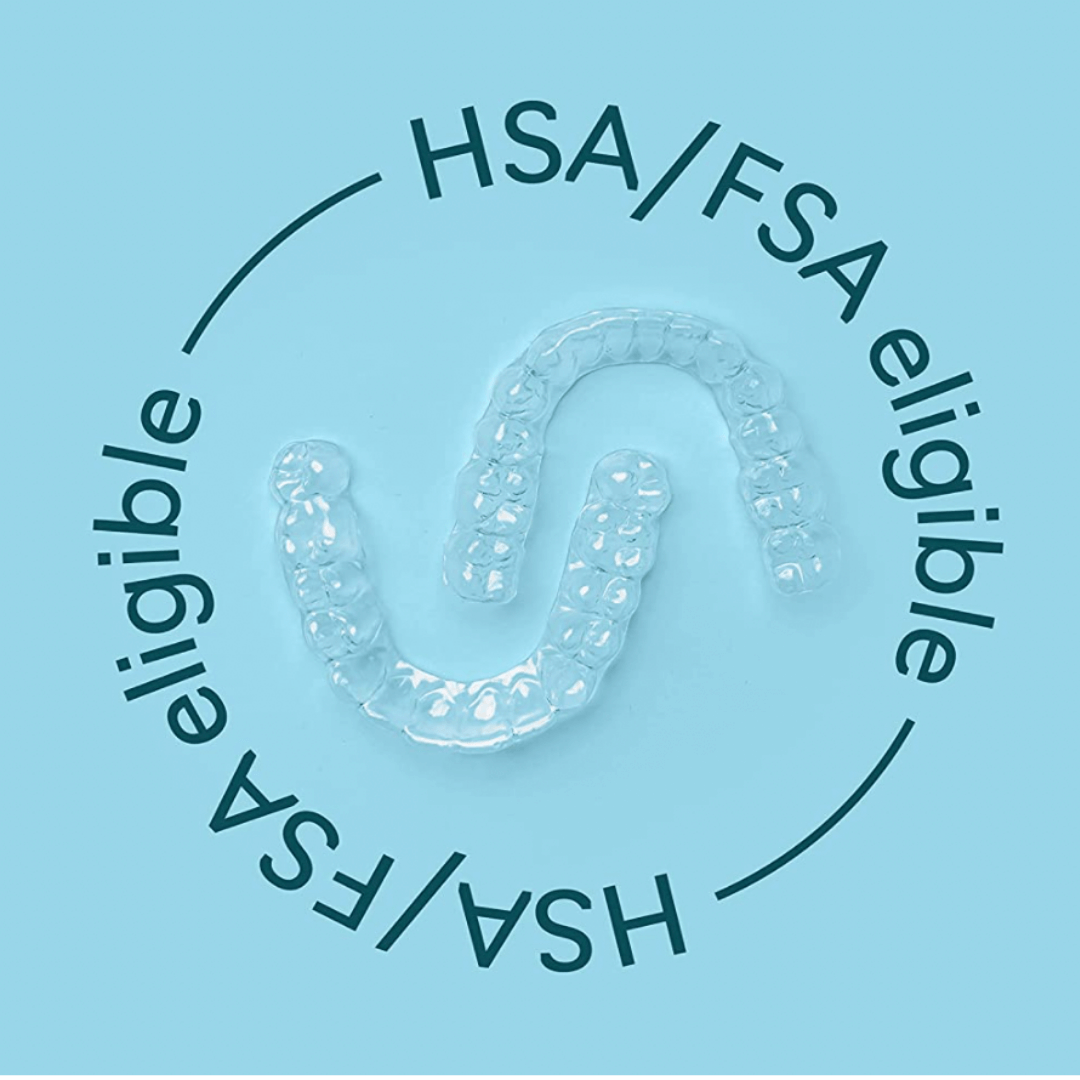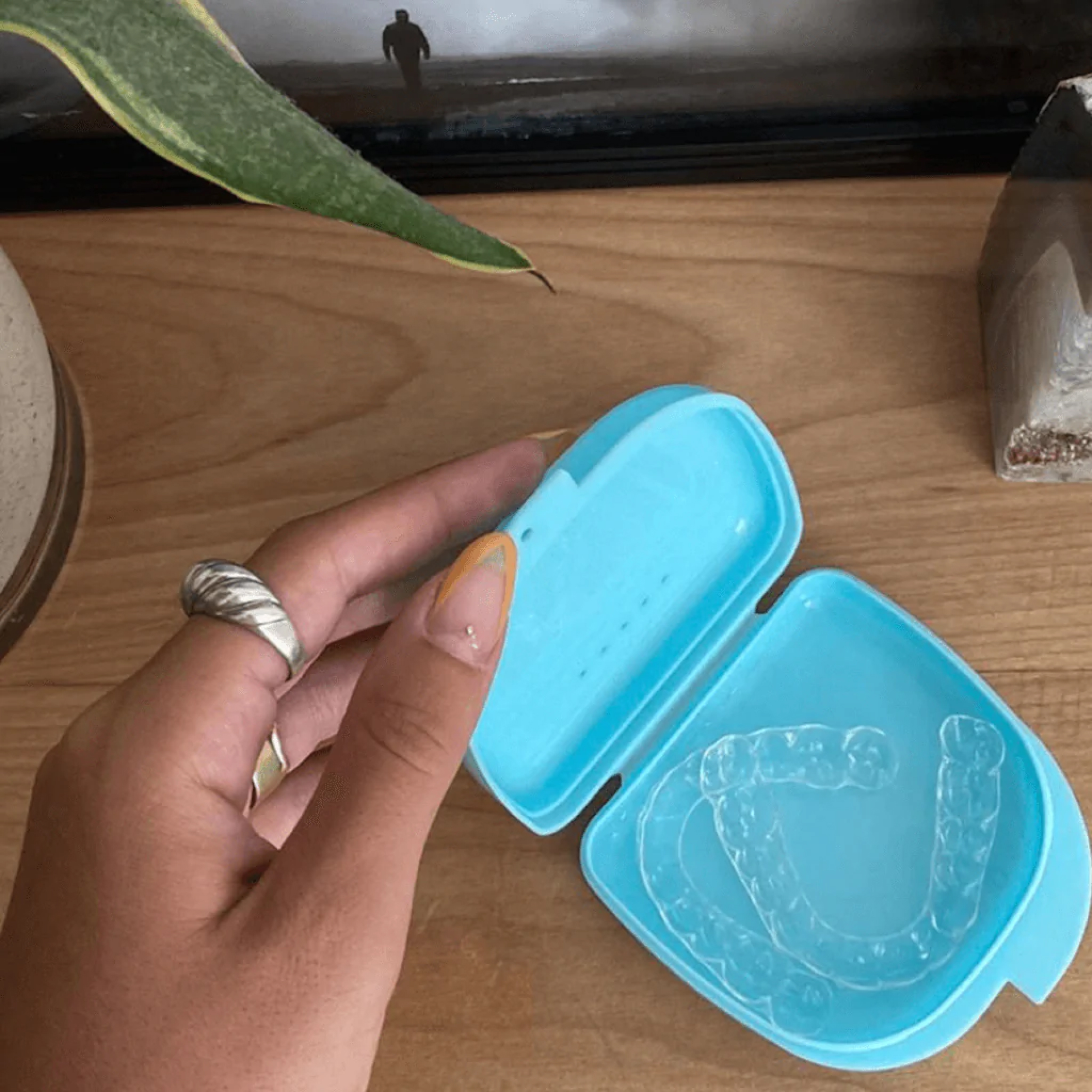Can a Custom Night Guard Shift Your Teeth?
If you suffer from teeth grinding or clenching, you may be considering a night guard to alleviate discomfort and protect your teeth. Many people wonder if a custom night guard can shift their teeth over time. This article will explore the purpose of night guards, how they work, factors that might cause teeth shifting, and how to ensure your night guard fits properly.
Understanding Night Guards
Night guards, also known as dental or occlusal splints, are removable dental appliances that are worn while sleeping to protect your teeth and help reduce the symptoms of bruxism (teeth grinding) and jaw clenching. They are typically made of durable materials such as acrylic, hard plastic, or a combination of soft and hard materials.
Bruxism is a common condition that affects millions of people worldwide. It can lead to a range of dental problems, including tooth sensitivity, cracked or chipped teeth, and even tooth loss in severe cases. Night guards are an effective solution to help prevent these issues and promote better oral health.
Purpose of Night Guards
The primary purpose of a night guard is to act as a barrier between the upper and lower teeth, reducing the direct impact and friction caused by teeth grinding or clenching. In doing so, night guards help minimize potential damage to your teeth and prevent further wear and tear on the tooth enamel. Additionally, they can help reduce pain and discomfort in the jaw muscles and joints, as well as alleviate headaches and potential sleep disruptions caused by grinding or clenching.
Wearing a night guard can also improve your overall quality of life. By reducing the symptoms of bruxism, you may experience less stress and anxiety and enjoy a more restful night's sleep.
Types of Night Guards
There are three main types of night guards to consider: stock night guards, boil-and-bite night guards, and custom-fit night guards.
Stock night guards are pre-made, over-the-counter appliances that may offer a less expensive option for those with less severe cases of teeth grinding. However, they may not fit as securely and could be prone to slipping or discomfort during the night.
Boil-and-bite night guards involve heating a pre-formed material in boiling water, which is then placed in the mouth and molded to fit by biting down on it. While these options may provide a better fit than stock night guards, they still may not be as effective as custom-fit night guards.
Custom-fit night guards, on the other hand, are specifically designed by a dentist to fit your mouth and teeth perfectly, providing the most effective results and highest level of comfort. These night guards are made from precise dental impressions of your teeth and are designed to fit snugly in place.
Custom vs. Over-the-Counter Night Guards
While over-the-counter night guards may seem more convenient and cost-effective, they typically don't offer the same level of protection or comfort as a custom-fit night guard.
Custom night guards are made from high-quality materials and are designed to last for several years with proper care. They are also more comfortable to wear and less likely to cause irritation or discomfort in the mouth.
Additionally, custom-fit night guards can be adjusted by a dentist if necessary to ensure the best possible fit and protection for your teeth.
If you are experiencing symptoms of bruxism or have been diagnosed with the condition, it is important to speak with your dentist about the best night guard option for your needs.
How Night Guards Work
Preventing Teeth Grinding and Clenching
Night guards work by creating a physical barrier between your upper and lower teeth, preventing the surfaces from coming into direct contact. By doing so, they help reduce the friction and force exerted by grinding or clenching, minimizing potential damage to the teeth and reducing the strain on the muscles supporting the jaw.
Reducing Pressure on Teeth and Jaw
One of the primary benefits of using a night guard is that it can distribute the forces exerted on your teeth and jaw more evenly, reducing excessive pressure on specific teeth or areas of the jaw. This can not only help protect your teeth from wear and potential damage but also alleviate pain and discomfort in the jaw muscles and joints caused by grinding or clenching.
Maintaining Proper Teeth Alignment
A well-fitting night guard can help maintain proper teeth alignment by preventing grinding or clenching actions from putting excessive force on individual teeth. This can help mitigate the risk of teeth shifting over time, which could lead to a misaligned bite and other dental complications.
It is important to note that night guards come in different types, including custom-made, boil-and-bite, and over-the-counter options. Custom-made night guards are typically the most effective as they are designed to fit your specific dental profile and offer the best protection and comfort. Boil-and-bite options are a more affordable alternative and can be molded to fit your teeth after being boiled in water. Over-the-counter options are the least expensive but may not fit as well and offer less protection.
It is also important to properly care for your night guard to ensure its effectiveness and longevity. Regularly cleaning it with a gentle soap and water can help prevent bacteria buildup, and storing it in a protective case can prevent damage and deformation.
In addition to wearing a night guard, there are other steps you can take to reduce teeth grinding and clenching, such as practicing stress-reducing techniques, avoiding caffeine and alcohol before bed, and maintaining good sleep hygiene.
If you are experiencing symptoms of teeth grinding or clenching, such as jaw pain, headaches, or worn-down teeth, it is important to consult with a dentist. They can help diagnose the issue and recommend the best course of treatment, which may include a night guard or other interventions.
Factors That May Cause Teeth Shifting
While a correctly fitted and properly used night guard should not cause your teeth to shift, there are some factors that could potentially lead to teeth shifting while using these appliances:
Ill-Fitting Night Guards
An improperly fitted or poorly constructed night guard might not provide the necessary support and security needed to prevent teeth from shifting. If your night guard is too tight or too loose, for example, it could inadvertently push your teeth out of alignment or fail to reduce grinding and clenching forces effectively.
Inconsistent Use of Night Guards
Not wearing your night guard consistently can also contribute to teeth shifting. Failing to use your night guard every night as recommended by your dentist could leave your teeth vulnerable to grinding and clenching forces and increase the risk of misalignment and potential dental complications.
Underlying Dental Issues
While night guards can help reduce the risk of teeth shifting by preventing grinding and clenching, they cannot address any underlying dental issues that may be causing your teeth to shift naturally. Pre-existing issues like gum disease, tooth decay, tooth loss, or undiagnosed orthodontic problems can all contribute to teeth shifting, regardless of night guard use. Consult with your dentist to address any underlying dental issues that may be affecting your teeth.
How to Ensure Your Night Guard Fits Properly
To avoid teeth shifting and ensure the effectiveness and comfort of your night guard, it is important to take the following steps:
Consult with Your Dentist
Consulting with a dentist is the first and most crucial step in determining the best type of night guard for your specific needs. A dentist can assess your teeth, identify any potential issues, and provide recommendations for the most appropriate and effective night guard solution. In most cases, a custom-fit night guard created by a dental professional will offer the best protection and comfort.
Regularly Check for Fit and Comfort
Regularly check the fit of your night guard and report any changes or discomfort to your dentist. They can help determine if any adjustments or replacements are necessary, ensuring your appliance remains effective at preventing teeth grinding and clenching.
Replace Worn-Out Night Guards
Night guards, like any dental appliance, can wear out over time. A worn-out night guard may no longer provide an adequate level of protection and could contribute to teeth shifting. Be sure to replace your night guard as recommended by your dentist or as soon as you notice significant wear or a decline in effectiveness.
In conclusion, a well-fitting, custom-made night guard should not cause your teeth to shift. Ensure that you consult with an experienced dentist to choose the right night guard for your needs, wear it consistently, and maintain proper dental hygiene to enjoy the benefits of these appliances in protecting your teeth and jaw from grinding and clenching.




